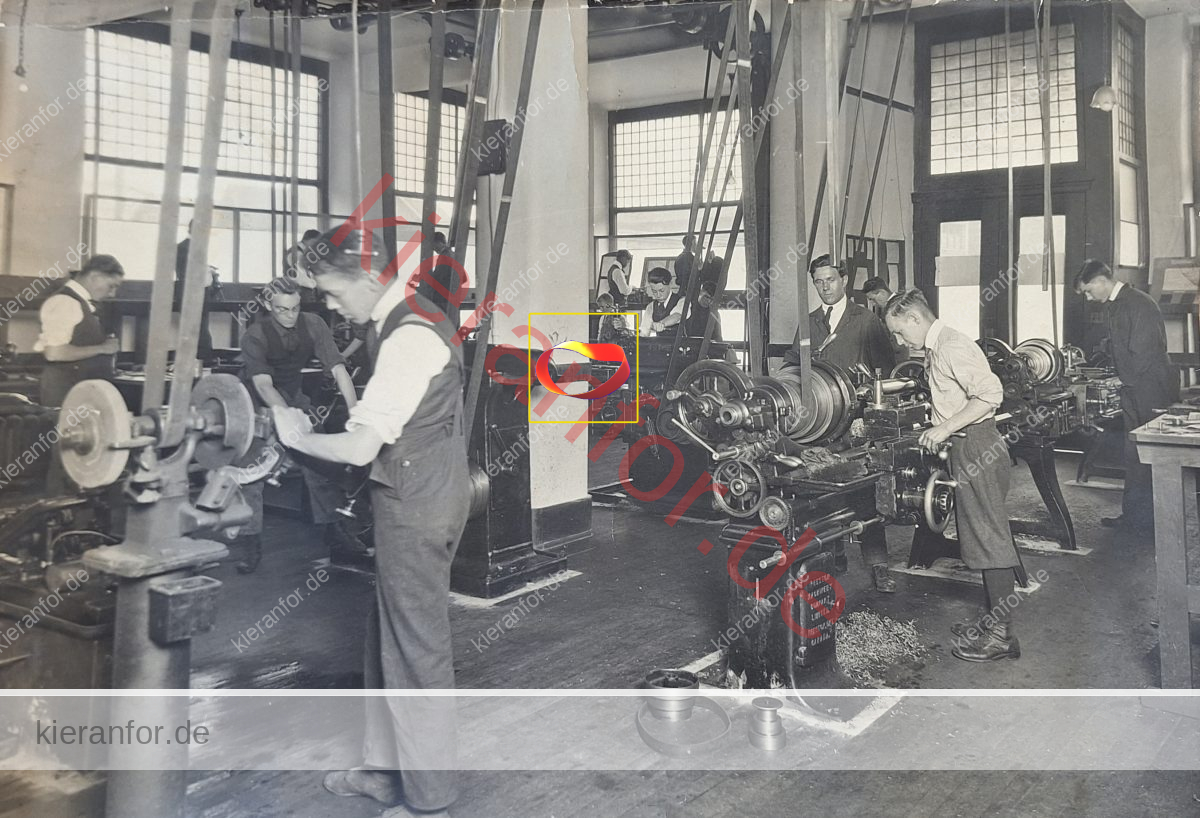Header image: Manual training teachers; Victoria 1930s
Goddard, C. (2024, August 21). Manual training for all. Front Porch Republic.
https://www.frontporchrepublic.com/2024/08/manual-training-for-all/
- Epps’s argument that the vocational aspects of an education are as valuable as the academic ones has been around at least since the days of Jane Addams and John Dewey.
- It’s also been controversial: does it encourage or discourage socio-economic mobility?
- Many students and teachers now seem to agree that learning a trade is a more affordable and accessible way to begin a career than acquiring a college degree.
- When manual work was introduced into schools over a century ago, its chief advocates were social reformers distressed by the number of early adolescents who dropped out of school prior to getting the education that good citizenship required. Today, it’s the students themselves who want a practical education.
- Epps’s education and the rationale behind his firm call back to Turner’s idea that thinking and doing are complementary; that all people should be able to function in both concrete and abstract realms.
- KF: “Shop” as antidote to hegemonic worldview
- The humanists argued for a comprehensive high school, one that combined both academic and vocational curricula; the utilitarians for two sets of schools – academic schools for the college bound and vocational schools for the rest.
- What happened was the bifurcation of the comprehensive high schools along class lines.
- Despite this record of success, the situation Dewey warned against had come to pass. Though comprehensive high schools dominated public education nationwide, their industrial arts programs have been dropped in preference for college prep. The public systems’ abandonment of vocational education let it become the province of for-profit schools, which were usually more interested in profit than in schooling [education].
- Jobs in construction, health care, and manufacturing technology need not lead to dead ends, and as the Florida school official noted, baby-boomers are retiring, creating a “vacuum at the bottom end” that opens up multiple possibilities for the future.
Doug Stowe argues that learning to work with the hands prepares students to “discover and test truth firsthand.” Thus, manual training might also be a bulwark against the fakery of our screen-addled age. The hands have a particular role in this, Stowe has claimed: “whereas eyes and ears are easily deceived, . . . hands measure the weight, size, density, and texture of objects.”

